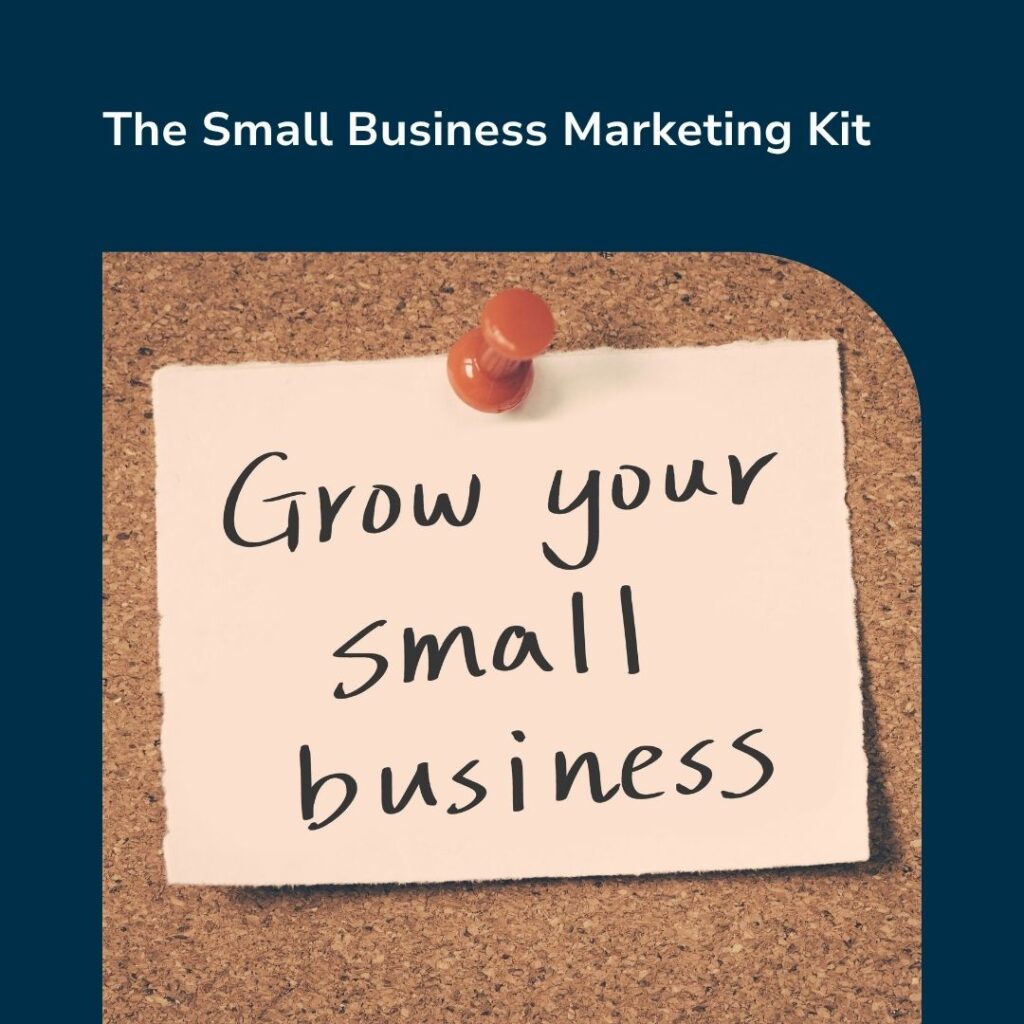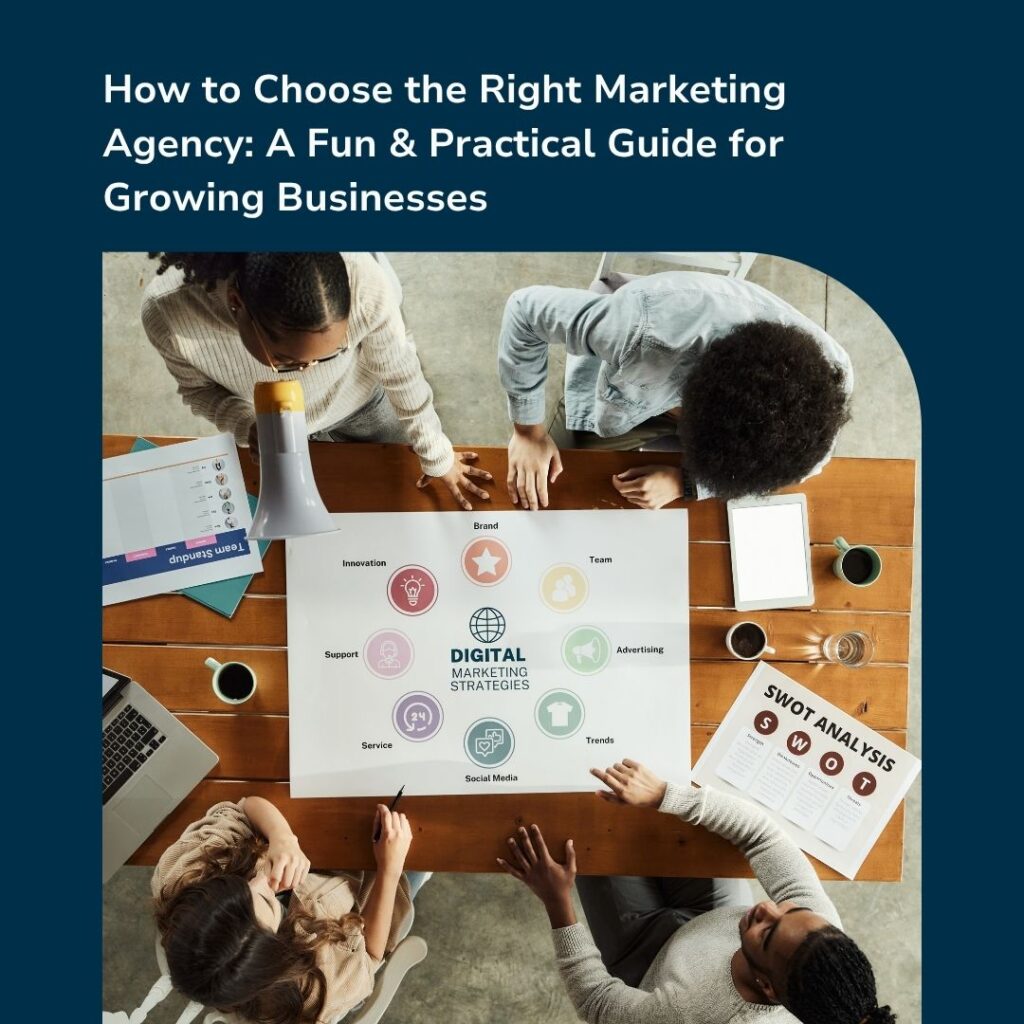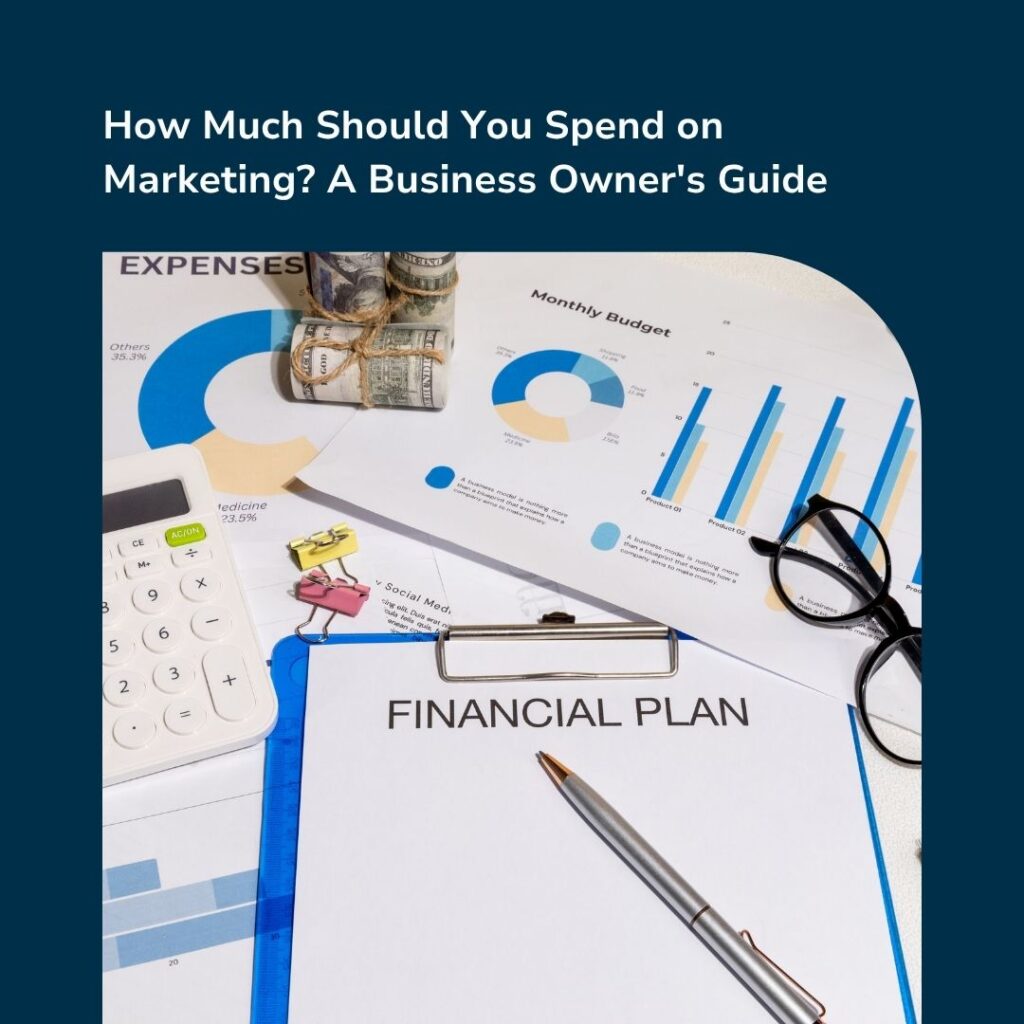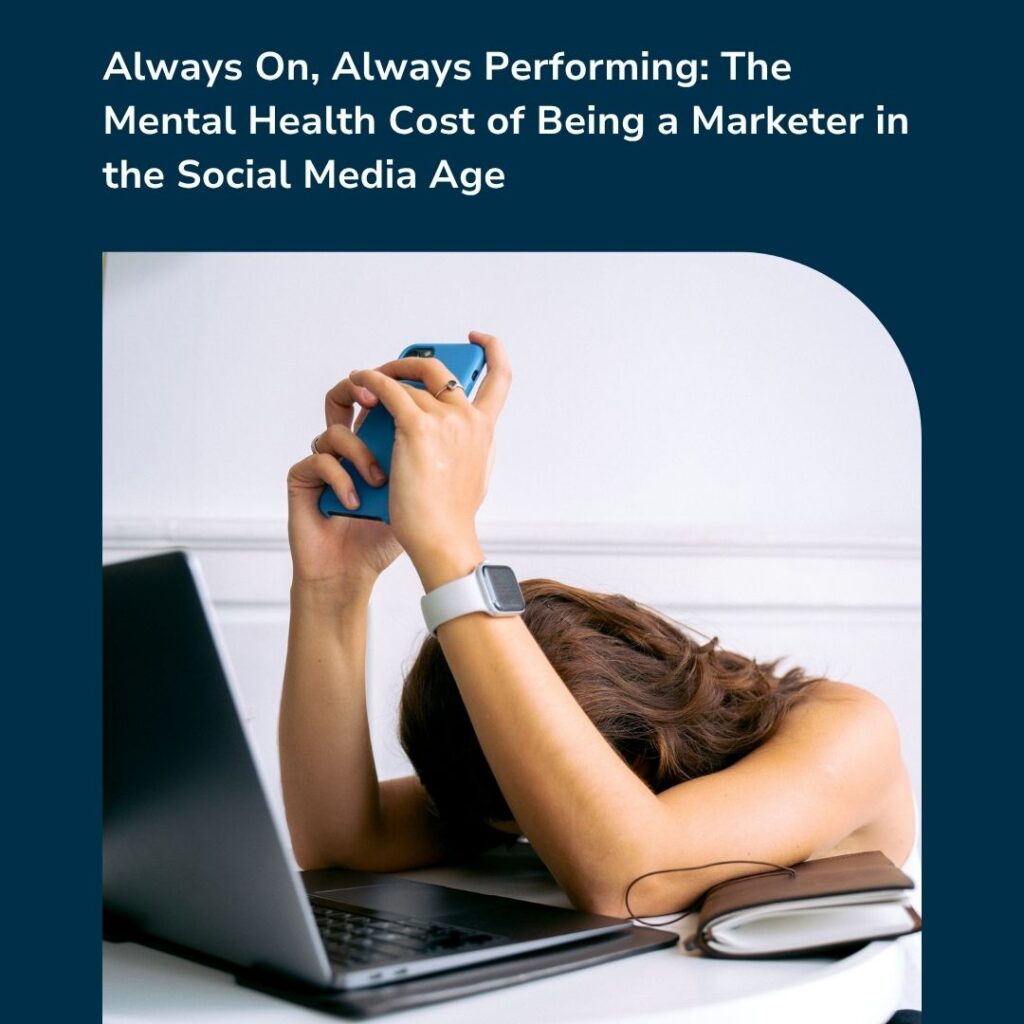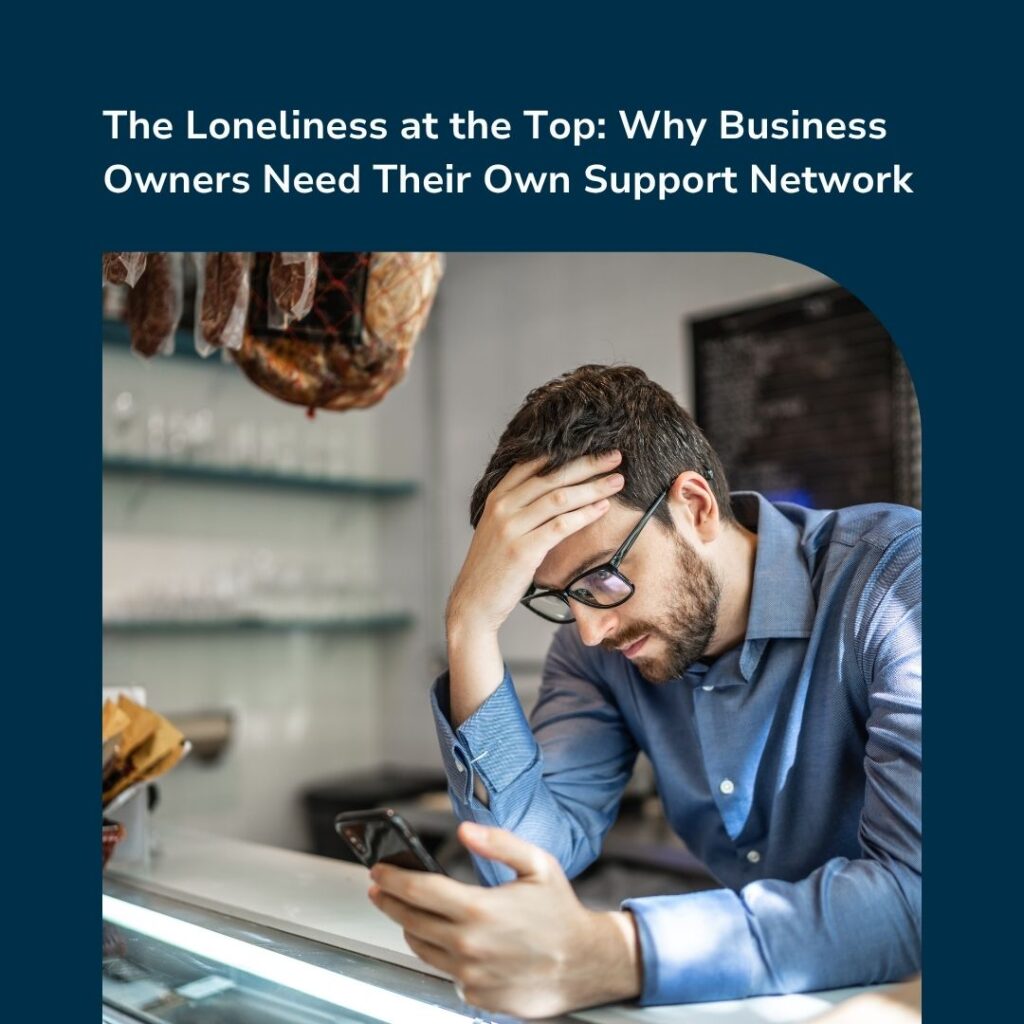Roughly, only a third of consumers genuinely believe their favourite brands understand them.
This statistic is shockingly low. So, there is a good chance your marketing campaigns are missing the mark and, as a result, you are missing out on valuable potential to truly speak to your target audience.
In short, understanding the importance of emotional intelligence as you compile your marketing strategy is imperative.
What is Emotional Intelligence?
In marketing, emotional intelligence refers to a brand’s ability to understand their target demographic’s mood, behaviour, pain points, purchasing triggers, etc.
Once you have a firm grasp on this, you can then create content and present it to your audience at the right place and time for maximum conversions. This tweaking works wonders for building more robust and meaningful customer relationships.
Are There Other Perks to Utilising Emotional Intelligence in Marketing?
In short, yes.
When you harness the power of emotional intelligence, you are far more likely to drive traffic to your website. Namely, because you should have a better understanding of your customer’s search intent and the context surrounding their search, you should get a better inflow.
This is why keeping your audience’s emotions at the forefront of your mind while you create your content is essential. Once you can connect with website visitors on an emotive level, they are far more likely to click through to your website and stick around to see what you have to offer.
Let’s take the COVID-19 pandemic as an example. As this disaster was so unprecedented, it took companies entirely unaware. However, brands that made it their mission to genuinely address their customer needs, and to lead with empathy, were able to strengthen their customer relationships – despite these turbulent times.
As many as 64% of consumers in the US alone, report having felt depressed, anxious, or both during the pandemic. Sadly those fears seem justified with as many 39% saying they wouldn’t be able to afford their bills after only one month of unemployment.
With so much doom and gloom in the world, we’ve seen an increasing number of brands shift the nature of their customer experience. During the pandemic, the needs of the average consumer changed. And as such, companies had to update their marketing strategies accordingly.
During the current crisis, customers wanted (and in some cases demanded) empathy. Many businesses that rose to the challenge report that they believe they have successfully established long-lasting emotional connections with their audience (both locally and globally).
What About Marketing Automation?
We understand that all of this sounds like a lot of work.
Yes, of course. However, emotional intelligence is a lot of work at the foundational level. And, the great thing is, once you have connected with your audience emotionally, you can drive it forward in more than one way.
For instance, once you have mastered the art of emotional intelligence, you will also be in a better position to strengthen your marketing automation. However, you need to be ‘intelligent’ on this front.
After all, no one wants to feel like they are talking to a robot. Once you know your audience inside out and back to front, you can more appropriately tailor your content to speak precisely to the needs of your segments.
Personalisation, coupled with automation is paramount for saving time and building durable customer connections. Needless to say, the stronger the relationship you have with your audience, the higher chance you have of boosting conversion rates and customer satisfaction.
This blog was produced in collaboration with the LinkedIn training department at Cross Productions.

